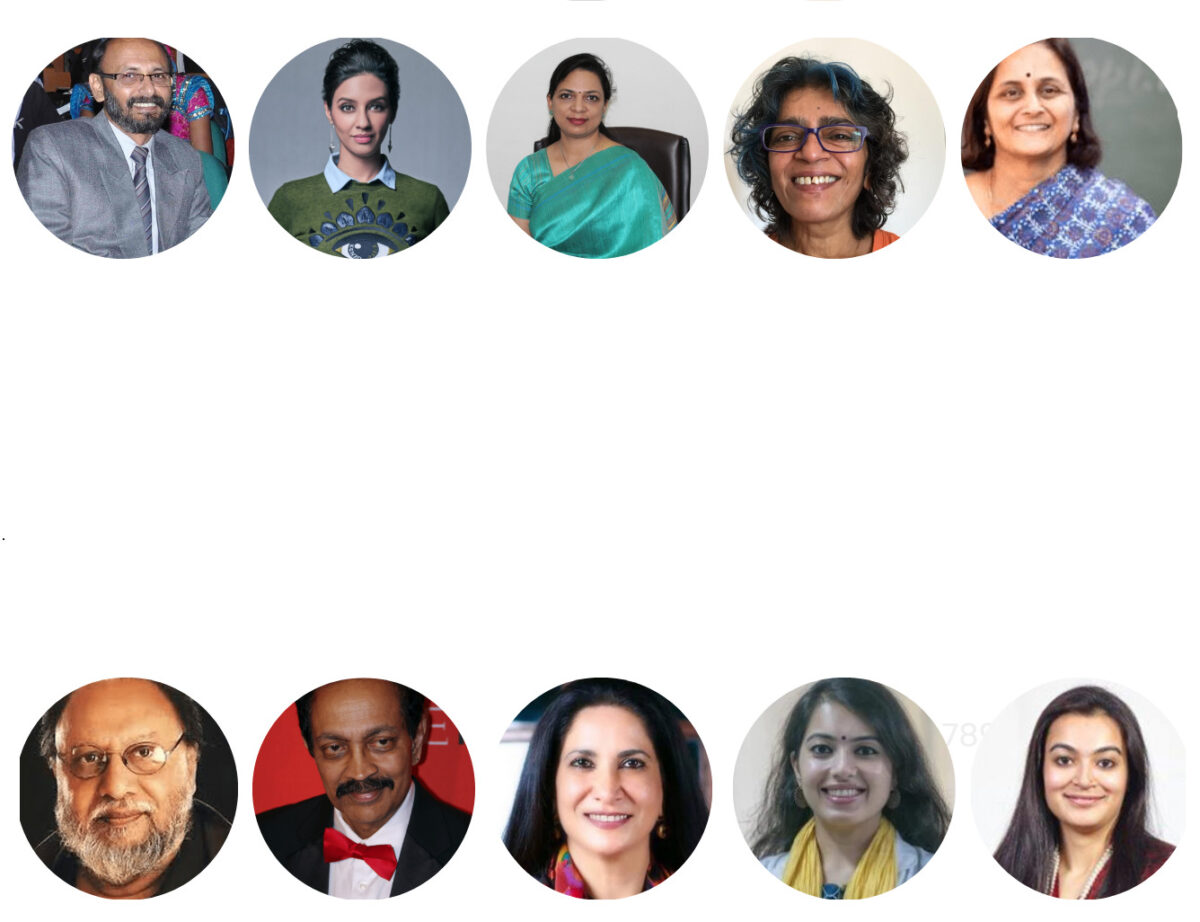What to Anticipate When Seeing the Best Psychologist in Delhi for Therapy
What to Anticipate When Seeing the Best Psychologist in Delhi for Therapy
Blog Article
Psych Treatment: A Comprehensive Guide to Methods and Outcomes

Cognitive-Behavioral Treatment
Cognitive-Behavioral Therapy (CBT) is a commonly used psychotherapeutic strategy that concentrates on identifying and modifying dysfunctional reasoning and behavior patterns. Established in the 1960s by Aaron T. Beck, CBT combines behavior and cognitive theories to attend to numerous mental health problems, consisting of depression, anxiousness, and stress-related disorders.
Strategies such as cognitive restructuring, direct exposure therapy, and skill-building workouts are typically employed. Cognitive restructuring includes challenging and altering negative thought patterns, while direct exposure therapy intends to reduce anxiety and anxiety with progressive exposure to feared scenarios or objects.
Evidence-based study supports the efficacy of CBT for a broad array of psychological conditions - Best Psychologist in Delhi. Its emphasis on skill procurement and self-help techniques encourages clients to continue development individually after therapy ends. The adaptability and efficiency of CBT have actually made it a foundation in contemporary psychotherapeutic technique
Psychodynamic Techniques
Rooted in the early theories of Sigmund Freud, psychodynamic techniques focus on discovering the unconscious mind and its influence on actions and emotions. These techniques aim to uncover hidden ideas and feelings that may be driving maladaptive habits and mental distress. Central to this method is the concept of inner conflict, commonly originating from unresolved previous experiences, particularly those from childhood.
Therapists utilizing psychodynamic methods utilize a number of crucial methods, including totally free association, where people are urged to speak easily to reveal unconscious product, and dream evaluation, which translates the unrealized material of desires. In addition, the exploration of transfer and countertransference dynamics within the therapeutic relationship is crucial. These interactions can give understandings right into the person's interior world and relational patterns.
Psychodynamic treatment is normally longer-term compared to various other techniques, using a thorough and deep understanding of the person's psyche. Research suggests that it can be specifically efficient for intricate mental health problems, such as character problems and persistent depression. By cultivating self-awareness and emotional understanding, psychodynamic treatment looks for to bring unconscious product to consciousness, making it possible for people to accomplish meaningful and lasting modification in their lives.
Humanistic Strategies
Building on the structures laid by psychodynamic techniques, humanistic techniques provide a distinctive viewpoint concentrated on specific potential and self-actualization. Coming from the mid-20th century, these strategies focus on the inherent benefits and development potential of people, highlighting an alternative view of human experience. Key figures such as Carl Rogers and Abraham Maslow have dramatically influenced this therapeutic technique, which incorporates methods like client-centered therapy and Gestalt therapy.
Client-centered therapy, developed by Rogers, plays a crucial role in humanistic techniques. It relies upon the specialist providing a setting of genuine favorable respect, empathy, and congruence. This fosters a secure area for clients to explore their feelings and experiences without judgment, helping with self-discovery and individual development. The therapist's function is more of a facilitator than an authority, motivating clients to harness their inner sources for healing.
Gestalt therapy, an additional vital humanistic technique, stresses present moment recognition and the combination of body and mind. By concentrating on the "present moment," customers get better understanding right into their current feelings and habits. Methods such as role-playing and directed visualization are frequently employed to help customers get a deeper understanding of themselves, ultimately resulting in improved self-awareness and satisfaction.
Integrative Treatments
Integrative treatments represent a synthesis of various restorative strategies tailored to fulfill the special demands of each client. This strategy recognizes the complexity of human psychology and the multifaceted nature of psychological wellness problems. By incorporating elements from various colleges of psychotherapy-- such as cognitive-behavioral treatment (CBT), psychodynamic therapy, and humanistic approaches-- integrative therapies supply an even more alternative and flexible treatment paradigm.
Professionals of integrative treatment assess each client's particular needs, signs and symptoms, and personal background to devise a tailored therapy strategy. This individualized approach boosts the capacity for healing success by resolving the origin creates of psychological distress and advertising overall well-being. Methods might consist of mindfulness workouts, cognitive restructuring, and emotional processing, each picked to target different facets of the client's issues.
Moreover, integrative therapies highlight the therapeutic partnership, viewing the client-therapist bond as an essential component of effective treatment. This connection promotes a supportive atmosphere where clients feel risk-free to check out and resolve their concerns. The adaptability of integrative treatments makes them ideal for a broad series of conditions, consisting of anxiousness, anxiety, trauma, and social difficulties, thus increasing their applicability and performance in diverse scientific settings.

Gauging Therapy Results
Reviewing the effectiveness of psychotherapy is crucial for both medical professionals and clients to make sure that click to investigate the treatment is generating the preferred outcomes. To attain this, various approaches and tools are employed to measure therapy results systematically. Standard evaluation instruments, such as the Beck Depression Inventory (BDI) and the Generalized Anxiety Problem 7 (GAD-7), give measurable information on sign extent and modifications over time.
In enhancement to standardized devices, qualitative approaches like client self-reports and professional interviews supply beneficial understandings into the personal experiences and regarded progress of clients. On a regular basis arranged analyses, typically at the beginning, midpoint, and end of therapy, aid in tracking the trajectory of renovation or recognizing areas requiring change.
Outcome measurement is not limited to sign reduction; it additionally incorporates functional improvements in day-to-day life, such as better social connections, increased work efficiency, and enhanced overall health. Modern improvements in electronic health i was reading this have actually presented mobile apps and online systems that promote real-time monitoring and comments, even more improving the evaluation procedure.
Ultimately, a detailed approach to determining treatment results makes sure that healing interventions are efficient, effective, and customized to fulfill the private requirements of clients, therefore enhancing the overall therapeutic experience.
Verdict
Psychotherapy uses a complex variety of techniques focused on addressing details mental wellness concerns and boosting overall well-being. Cognitive-Behavioral Therapy and psychodynamic techniques target subconscious impacts and dysfunctional ideas, specifically. Humanistic techniques concentrate on individual growth and self-actualization, while integrative treatments combine multiple approaches for tailored treatment strategies. Evaluating therapy end results through standardized assessments and qualitative techniques makes sure an extensive understanding of performance, inevitably leading clients toward withstanding mental wellness enhancements.
From the organized technique of Cognitive-Behavioral Treatment (CBT) to the deep expedition of the subconscious in psychodynamic therapy, each approach brings one-of-a-kind advantages. Its focus on ability purchase and self-help strategies encourages clients to proceed development separately after treatment concludes (Best Psychologist in Delhi). Key numbers such as Carl Rogers and Abraham Maslow have substantially influenced this restorative strategy, which includes approaches like client-centered treatment and Gestalt therapy

Report this page